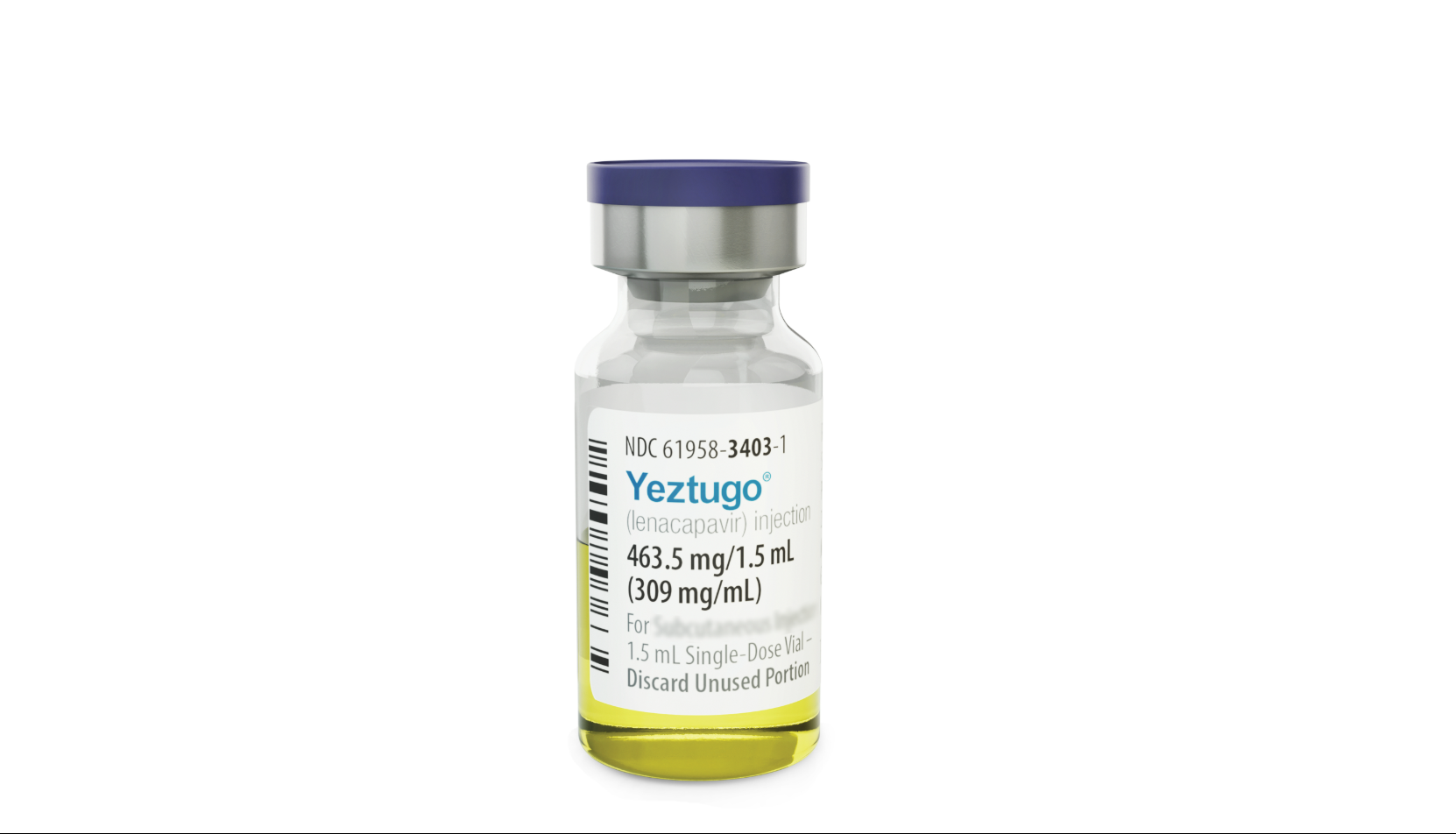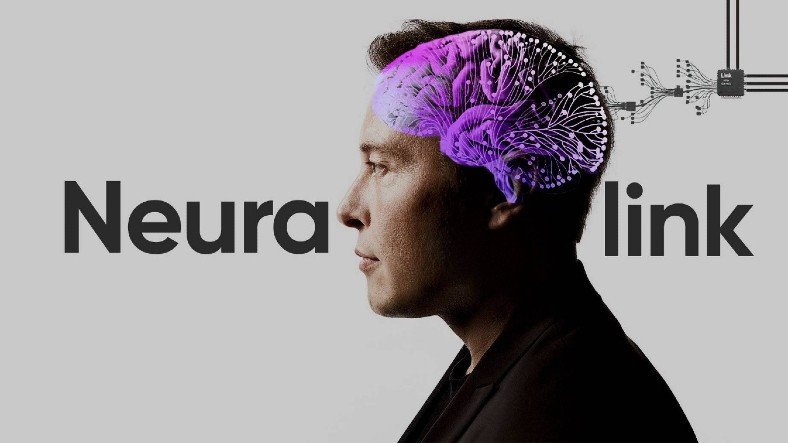The blood-brain barrier shields the brain from toxic substances. While some medications are able to cross this defensive wall and cause memory problems, some medications for the treatment of high blood pressure appear to be linked with better cognitive function.
In a study published in the August 2021 issue of Hypertension, researchers assembled information from 14 observational studies of nearly 12,900 adults ages 50 years and older with high blood pressure. It looked specifically at people who took either angiotensin-converting enzyme (ACE) inhibitors or angiotensin II receptor blockers (ARBs) for the management of their condition. There are many types of drugs within these two classes, some of which are able to penetrate the blood-brain barrier.
After three years on their medication, those who were on an ACE inhibitor (such as lisinopril) or an ARB (like candesartan) that crosses the blood-brain barrier, scored higher on memory recall tests, when compared with those who took a different drug in the same class that doesn’t cross the blood-brain barrier.
High blood pressure is a risk factor for a decline in cognitive function and dementia in older adults, and treatment with lifestyle changes and all types of blood pressure medications can lower the risk. But these findings suggest that certain blood-brain-crossing blood pressure drugs may offer additional brain benefits.
Source: Harvard health publishing










